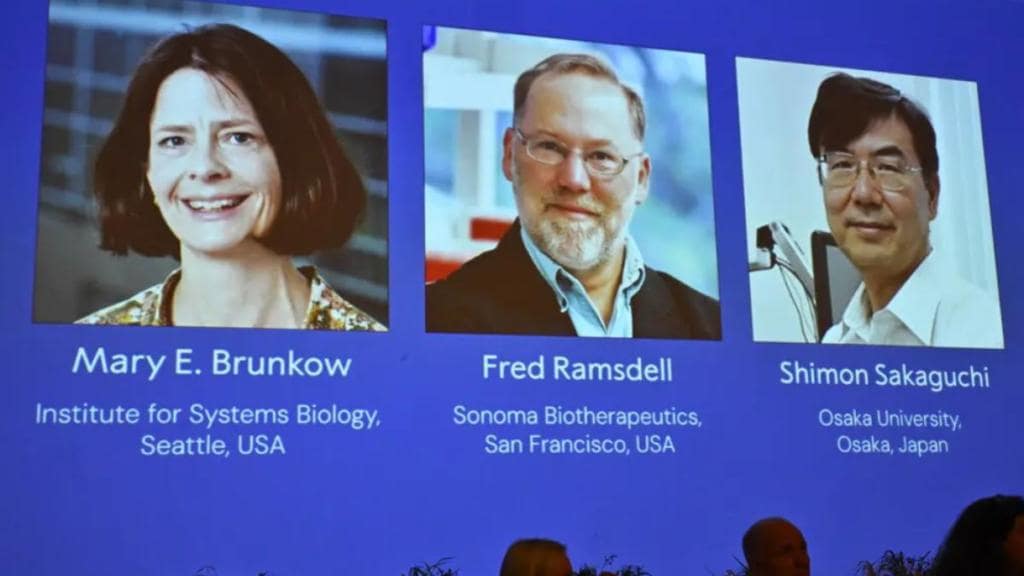American immunologist Fred Ramsell was vacationing deep inside Yellowstone National Park on Monday as the Nobel Prize committee named him an award winner. His phone was on airplane mode and he remained blissfully unaware of the development until they drove through a small town hours later and his wife started screaming — having received both cell service and hundreds of congratulatory messages at once.
Ramsell told Wired that he had initially mistaken her exclamations for a potential bear sighting. He eventually spoke to the Nobel Committee around 1:30 am after reaching a hotel before stepping out with his wife. Their celebrations included “a cocktail or two, some food and watching Monday night football”.
“My wife’s phone blew up when we went through some little town and she got some signal. She kind of yelled: ‘Oh my god, oh my God’. I was outside and we’re in grizzly territory, and I thought: ‘Bear? There’s no bear’. She comes out and says: ‘You just won the Nobel Prize’. ‘No, no, come on,’ I said. She’s like: ‘I have 200 text messages’. I stand corrected, apparently. We already booked a hotel room for that night. So we checked in, and I got online, and I tried to call the Nobel Committee. And of course, it was 1 in the morning there by then, so they were all asleep…” he told the publication.
His fellow laureates also proved somewhat elusive for the Nobel Committee with with Mary E Brunkow fast asleep and convinced her husband was “being ridiculous” as the press knocked at their door. She had assumed that the pre-dawn call from the committee was spam and ignored their efforts to connect. Thomas Perlmann — the Secretary-General of the Nobel Committee — said he was only able to reach Sakaguchi by phone on Monday morning an left voicemails for Brunkow and Ramsdell.
What was the discovery?
Mary E Brunkow, Fred Ramsdell and Dr Shimon Sakaguchi won the Nobel Prize in medicine on Monday for discoveries about how the immune system knows to attack germs and not our bodies. Their work dates back to 1995, when Sakaguchi made the first key discovery. Brunkow and Ramsdell made another breakthrough in 2001 and Sakaguchi linked all of their work two years later.
“The laureates’ discoveries launched the field of peripheral tolerance, spurring the development of medical treatments for cancer and autoimmune diseases. This may also lead to more successful transplantations. Several of these treatments are now undergoing clinical trials,” the Nobel Assembly said in a news release.
The winners for medicine are selected by the Nobel Assembly of Karolinska Institute medical university in Sweden and receive a prize sum of 11 million crowns ($1.2 million) and a gold medal presented by the King.


